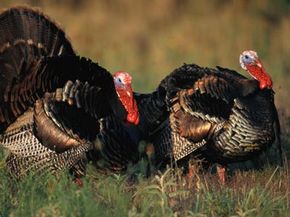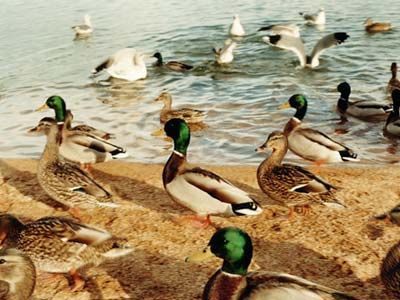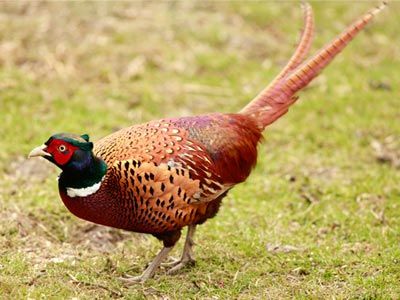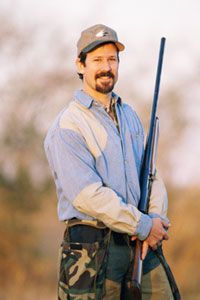What do you get when you cross a turkey with a bass? A turkbass? A basserky? Nope, you get the National Wild Turkey Federation (NWTF).
The National Wild Turkey Foundation was founded in the 1970s -- with inspiration from the Bass Anglers Sportsmen Society -- as a nonprofit organization dedicated to conserving and preserving the habitats of and hunting opportunities for wild turkeys in North America [source: NWTF]. The club works by raising money through membership dues, sponsor fees and donations. The monies raised go to transfer and reestablish wild turkey populations, educate people about hunting and conservation and provide land management assistance and wildlife tips to landowners and anyone who enjoys the outdoors [source: NWTF].
Advertisement
When the NWTF started out with just more than a thousand members, there were 1.3 million wild turkeys in North America. Today the organization is 500,000 members strong, and there are now 7 million wild turkeys roaming the land. NWTF's progress has grown to include corporate partners and sponsors, as well as federally backed support and interest in nationwide conservation programs [source: NWTF].
The NWTF promotes several youth programs, including Juniors Acquiring Knowledge, Ethics & Sportsmanship (JAKES) and the National Archery in the Schools Program; help from volunteers, farmers and local residents continues to play a large part in the federation's success. As efforts spread around the globe to restore and preserve the wild turkey's native land, the NWTF continues to offer a convention, publications, outreach programs and a women's-only branch to its members. By providing land management expertise -- and products such as native seed grass -- to landowners and others who are concerned with environmental preservation, the NWTF takes a multifaceted approach to turkey conservation.
Thirty-some years of work and research has contributed to the roster of activities and partnerships of the NWTF, but to understand why people started worrying about the wild turkey in the first place, we need to take a look at what makes the bird -- and its hunters -- unique. So let's take a step back to read about the NWTF's history.
Advertisement



